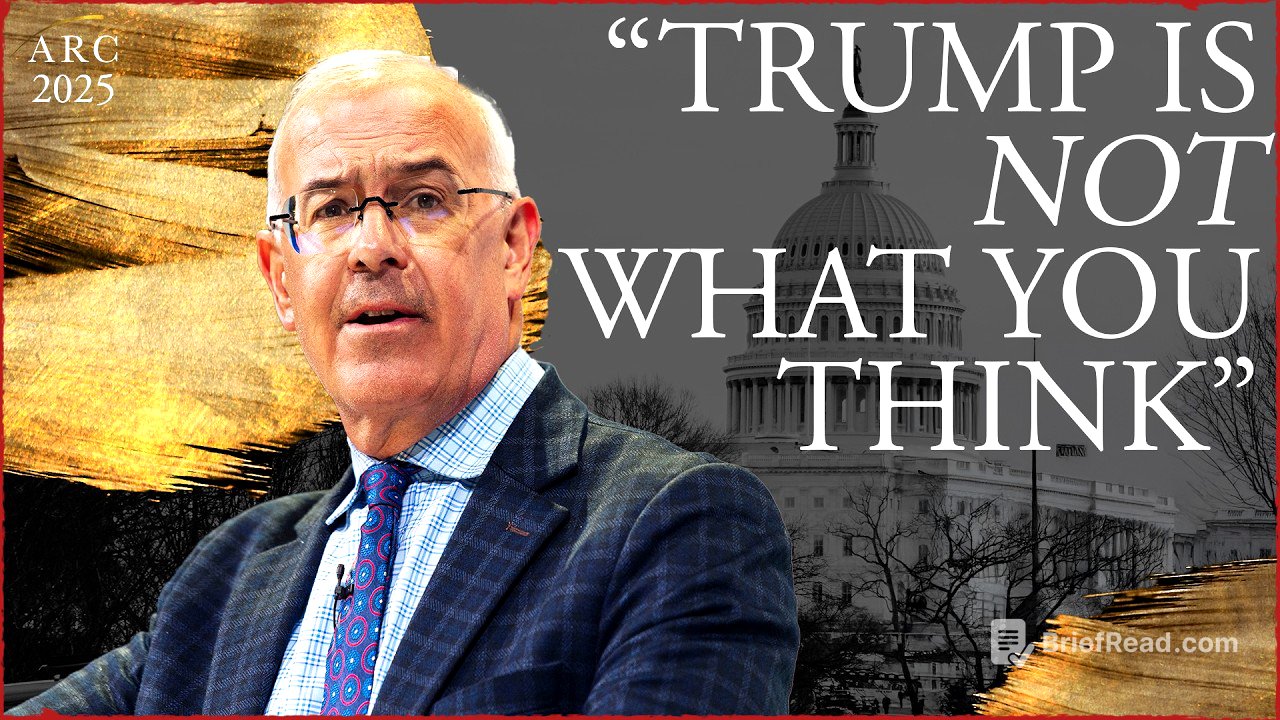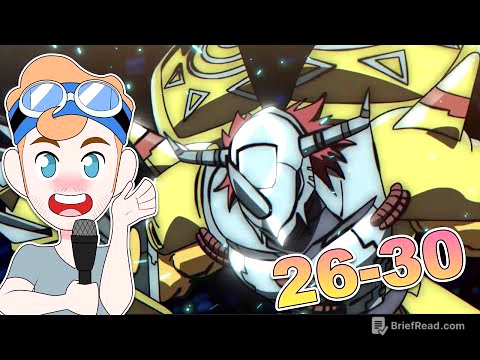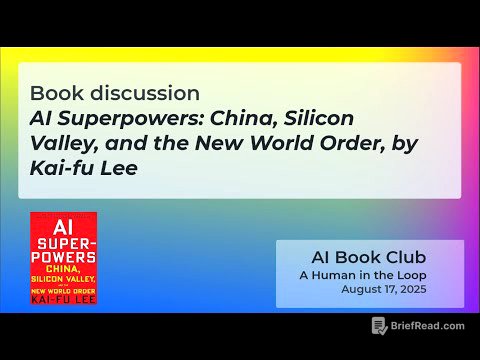TLDR;
David Brooks discusses the role and impact of the educated elite in society, highlighting both their contributions and detriments. He argues that while this group has driven innovation and economic growth, they have also created a meritocracy that exacerbates inequality, eroded the traditional moral order, and inadvertently contributed to the rise of figures like Donald Trump. Brooks suggests that societal transformation occurs through embracing vulnerability, rediscovering spiritual resources, and fostering a culture of empathy and community.
- The educated elite have created both positive advancements and negative consequences, including increased inequality and a decline in moral order.
- Societal transformation requires embracing vulnerability, rediscovering spiritual resources, and fostering community.
- Culture changes through personal connections, moral formation, and the creation of healing civic institutions.
Introduction: The Educated Elite and Their Impact [0:00]
David Brooks introduces himself as a member of the educated elite, tracing his background and upbringing, which instilled in him intellectual and cultural values. He humorously recounts his academic pursuits at the University of Chicago and his early career as a conservative columnist for the New York Times and later at PBS NewsHour. Brooks acknowledges the contributions of the educated elite, such as the creation of the internet, but also points out their failures, particularly in designing a meritocracy that favors their own kind and exacerbates social inequality.
The Dark Side: Inequality and Moral Erosion [2:12]
Brooks argues that the educated elite have created a cast system, where success is heavily influenced by socioeconomic background. He cites statistics showing disparities in education, life expectancy, and social connections between those with and without college degrees. Beyond material inequalities, Brooks contends that the elite have undermined the traditional moral order by privatizing morality, leading to a decline in trust, meaning, and overall societal well-being, marked by rising mental health issues and loneliness.
The Unintended Consequence: The Rise of Trump [4:31]
Brooks posits that the educated elite inadvertently contributed to the rise of Donald Trump. He argues that figures like Trump, despite their elite education and wealth, represent an anti-left sentiment rather than a genuine conservative vision. Brooks criticizes their incompetence and their tendency to dismantle established institutions and moral norms. He points to specific examples, such as the evisceration of programs aimed at fighting AIDS, as evidence of their destructive impact.
Rupture and Repair: Historical Patterns of Transformation [7:34]
Brooks suggests that societal transformation often occurs through periods of crisis and suffering, which can lead to growth and renewal. He draws on historical examples from the United States and other countries to illustrate this pattern of "rupture and repair." These moments of crisis reveal deeper truths and offer opportunities for nations to be "broken open" and transformed.
Spiritual Resources and Cultural Shift [9:52]
Brooks emphasizes the importance of spiritual resources in navigating societal crises. He highlights the enduring wisdom found in religious and philosophical traditions, such as the concept of being made in God's image, the journey through the wilderness, and the values of meekness and service. Brooks believes that society is shifting from hyper-individualism towards a more communal culture, and that culture change occurs through personal connections, moral formation, and the creation of healing civic institutions.
Defiant Humanism: Seeing Each Other Fully [12:03]
Brooks concludes by emphasizing the importance of "defiant humanism" in challenging times. He shares a story about encountering a video of James Baldwin, who, despite facing discrimination, advocated for seeing each other in the fullest, deepest, and most respectful way. Brooks argues that even in harsh and brutal times, we are called upon to recognize the shared humanity in everyone we meet and to choose to be our best selves.



![[Digimon Podcast] LiT Episode 112 - This Child is Dead](https://wm-img.halpindev.com/p-briefread_c-10_b-10/urlb/aHR0cDovL2ltZy55b3V0dWJlLmNvbS92aS9jVFpvWHloeTN6Yy9ocWRlZmF1bHQuanBn.jpg)





